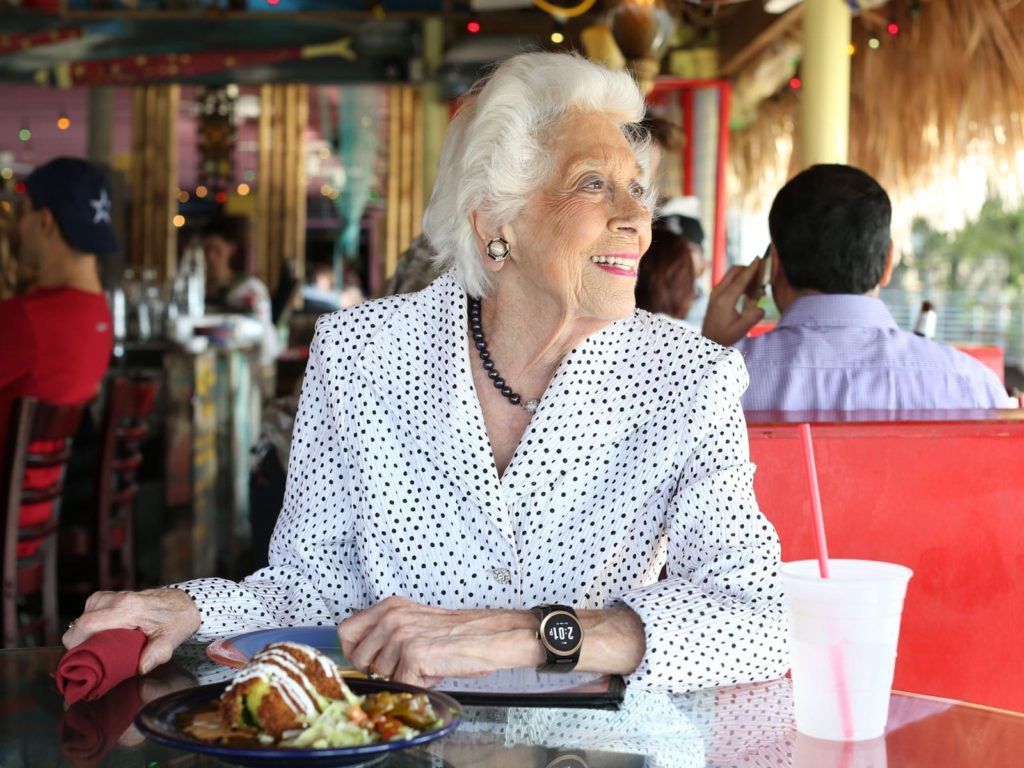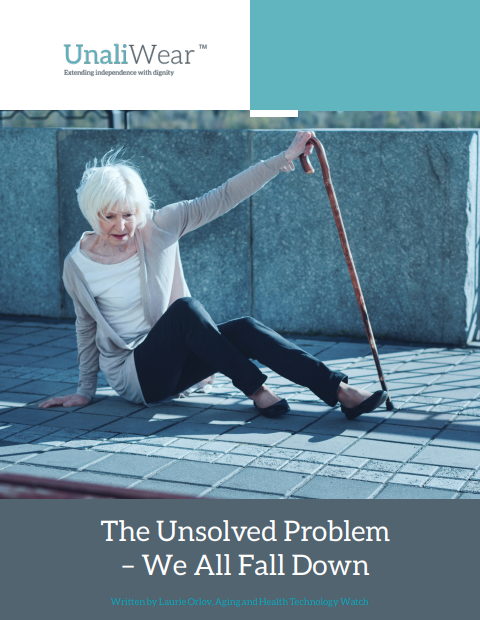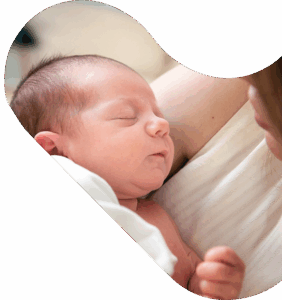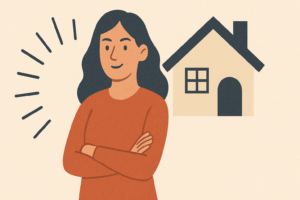
In the US, 22% of adults aged 65+ are ‘elder orphans’ or solo agers, that is living alone without nearby friends or family. And 46% of women aged 75+ live alone. Yet all of these individuals want to retain their independence for as long as possible, including activities such as gardening, joining friends to socialize, going to the gym, and owning a dog that must be walked each day. In the face of known fall risks, how can they preserve their confidence in being out and about?
According to the CDC, 36 million adults aged 65+ fall every year. The CDC cites particular fall risk in individuals who have poor balance, Vitamin D deficiency, low blood pressure, medications linked to falls, vision impairment, foot or ankle disorders and home hazards. One in five results in an injury, and 300,000 of these falls result in hip fractures, mostly in women. And a ‘long lie time’ (time on the ground before help arrives) has been associated with increased mortality. Even if a fall does not result in serious injury, those who fall may develop a fear of falling again, adding to the concern of social isolation that many seniors face.
Previously, independent seniors might wear a pendant with a button or other technology that allowed them to contact the paramedics if they fell. But pendants are stigmatizing, and most people don’t wear them to bed or in the shower – increasing the concern because most falls occur in the shower or at night when the person gets up to use the bathroom.
Kanega Watch is different. It’s the first all-in-one, voice-controlled smart watch designed to keep you connected, independent, active, and safe. It goes everywhere you do, connects to a live emergency operator in seconds, includes auto fall detection and you never have to take it off to charge.
Read the white paper below to learn more!








